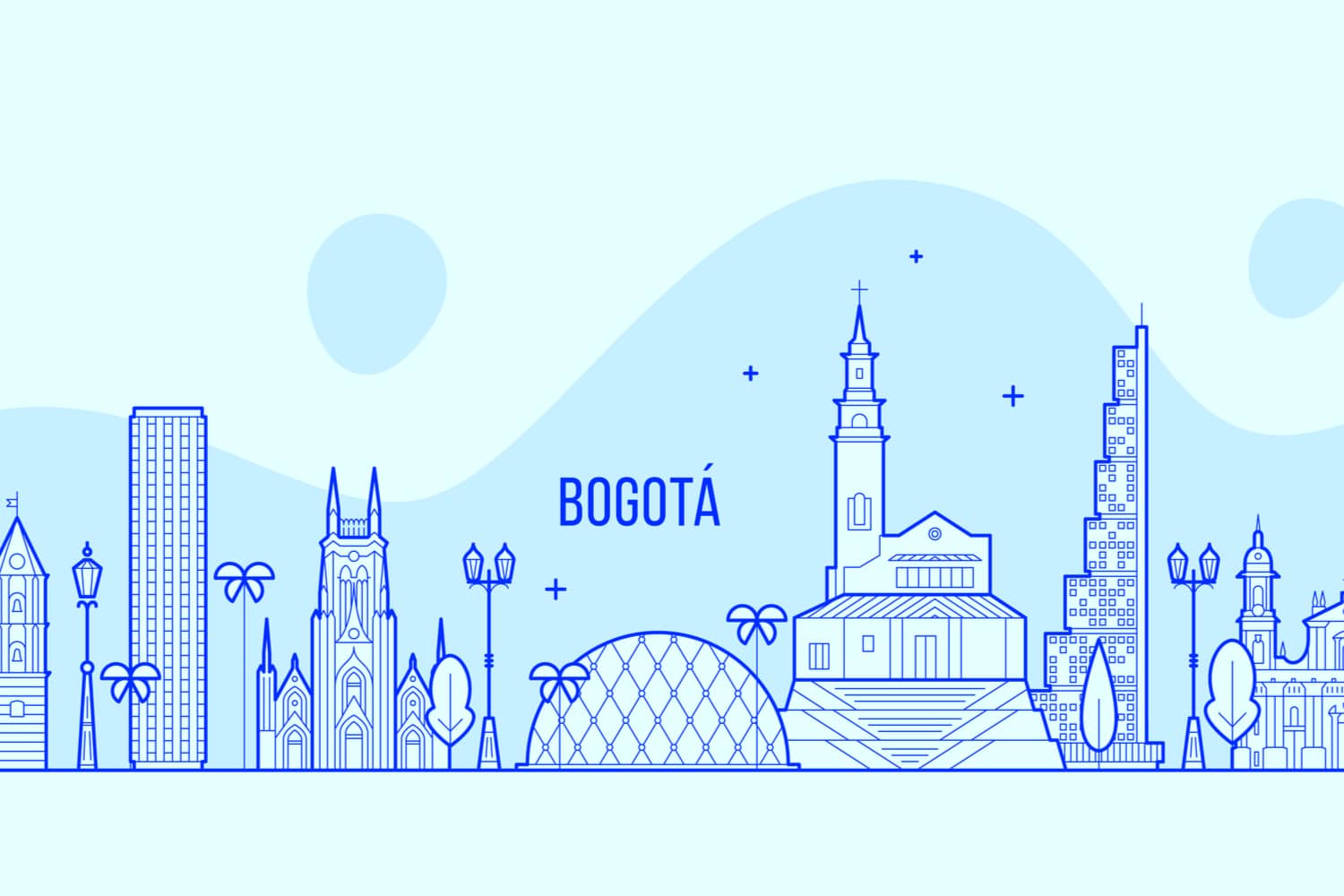Colombia is restricting entry of all passengers who are not Colombian residents or citizens. Colombian citizens and foreign residents who arrive must perform an obligatory 14-day period of self-isolation after arriving in Colombia.
Additional developments include:
- Maritime, land, and river borders are closed until May 30, 2020.
- Visa applications will not be processed at Colombian consulates.
- President Duque has declared a National Emergency. Anyone age 70 or older must self-isolate until May 30, 2020. The order allows senior citizens to leave their homes for essential errands in supermarkets, banks, and pharmacies.
- Airports are closed to international traffic. Flights are still leaving Colombia, but disruptions and cancellations are highly likely.
- The Colombian government published a further decree putting the entire country on lockdown. The nationwide quarantine aims to “flatten the curve” of the expansion of COVID-19 among the population, especially the most vulnerable.
- The Ministry of Foreign Affairs will accept visa applications for processing and electronic approval but will not make visa stamps in the passport.
- Migración Colombia will suspend the deadlines for canceling special stay permits (PEP), and the expiry of the authorized stay for holders of entry and stay permits for “other activities” (POA), other than for Shore Pass and maritime or river crew. Likewise, the immigration authority may abstain from initiating administrative action or grant an opportunity for amendment under preventive isolation measures for those cases in which visa registration and the issuance of a foreigner’s ID card (cédula de extranjería) is required.
There have been 608 confirmed cases of the novel coronavirus in Colombia as of March 28, 2020.


